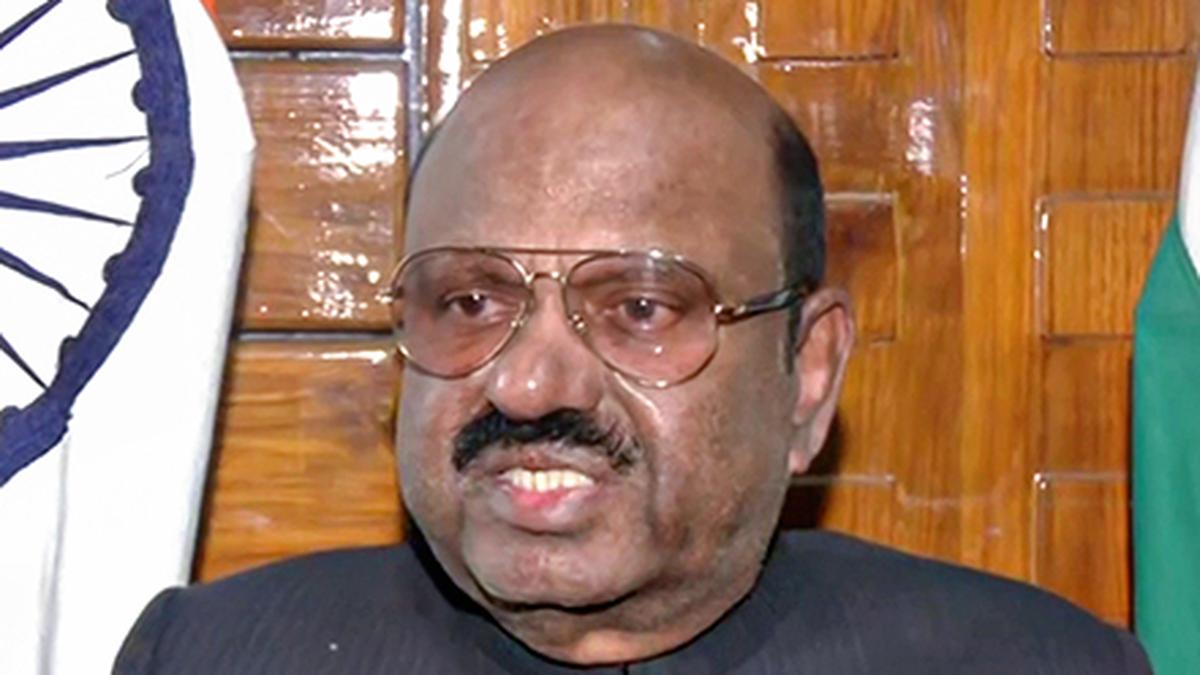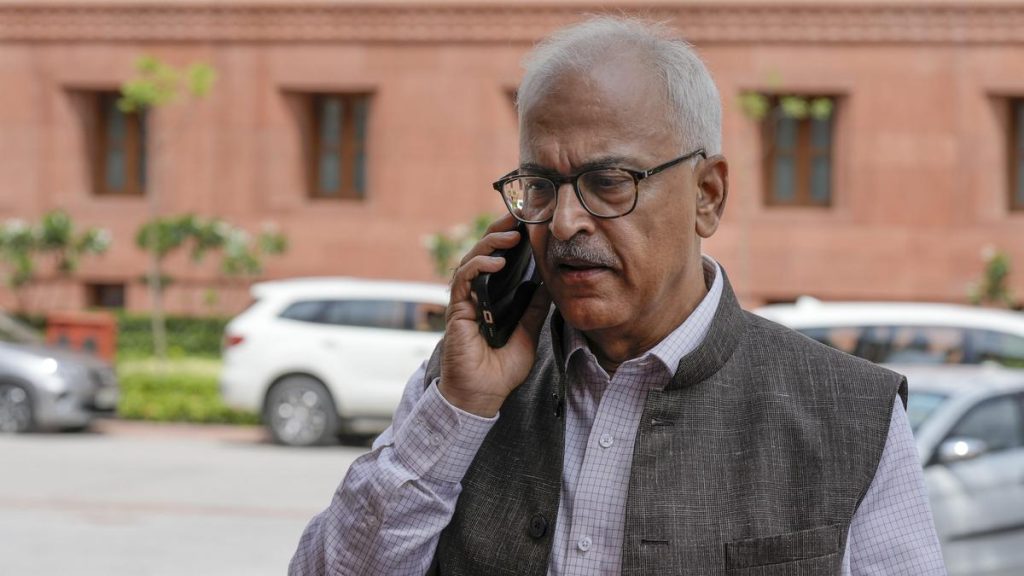Now Reading: West Bengal Governor Sends Aparajita Bill Back for Review
-
01
West Bengal Governor Sends Aparajita Bill Back for Review
West Bengal Governor Sends Aparajita Bill Back for Review

Quick Summary
- West Bengal Governor C.V. Ananda Bose returned The Aparajita Women and Child (West Bengal Criminal Laws Amendment) Bill, 2024 to the State government for reconsideration due to concerns over it’s death penalty provisions.
- The Bill proposes harsher punishments for rape, including life imprisonment and mandatory death sentences in specific categories such as gang rape, repeat offenders, and cases resulting in the victim’s death or vegetative state.
- The Ministry of Home Affairs raised concerns suggesting these provisions are excessively harsh and disproportionate while also noting issues with removing judicial discretion in sentencing.
- The legislation also deletes distinctions related to punishment for rape based on victims’ age (<16 vs. <12 years), which the Ministry claims violates proportional sentencing principles.
- passed unanimously by the State Assembly on September 3,2024-25 days after a high-profile case-it was sent to President Droupadi Murmu but lacks central approval until further review.
- Trinamool Congress (TMC) continued pressing for the Bill’s assent with appeals from party MPs meeting President Murmu recently.
Indian Opinion Analysis
The return of The Aparajita Bill highlights growing debate surrounding criminal justice reforms intended to deter heinous crimes in India. While addressing public outrage following incidents like those cited in Kolkata, sweeping amendments mandating harsher penalties risk creating tensions between judiciary independence and legislative overreach. Concerns expressed by legal experts about eliminating age-based distinctions or judicial discretion suggest broader repercussions on equitable law enforcement.
Mandatory sentences can ensure accountability yet may limit courts’ ability to apply nuanced judgments based on individual cases-a cornerstone of proportional justice systems worldwide. This progress underscores an vital question: how can governments balance swift punitive measures against broader institutional safeguards? If unresolved thoughtfully, unilateral steps may generate constitutional challenges or complications aligning state laws with national frameworks while conveying mixed signals about their procedural rigor.
Read more here.
























